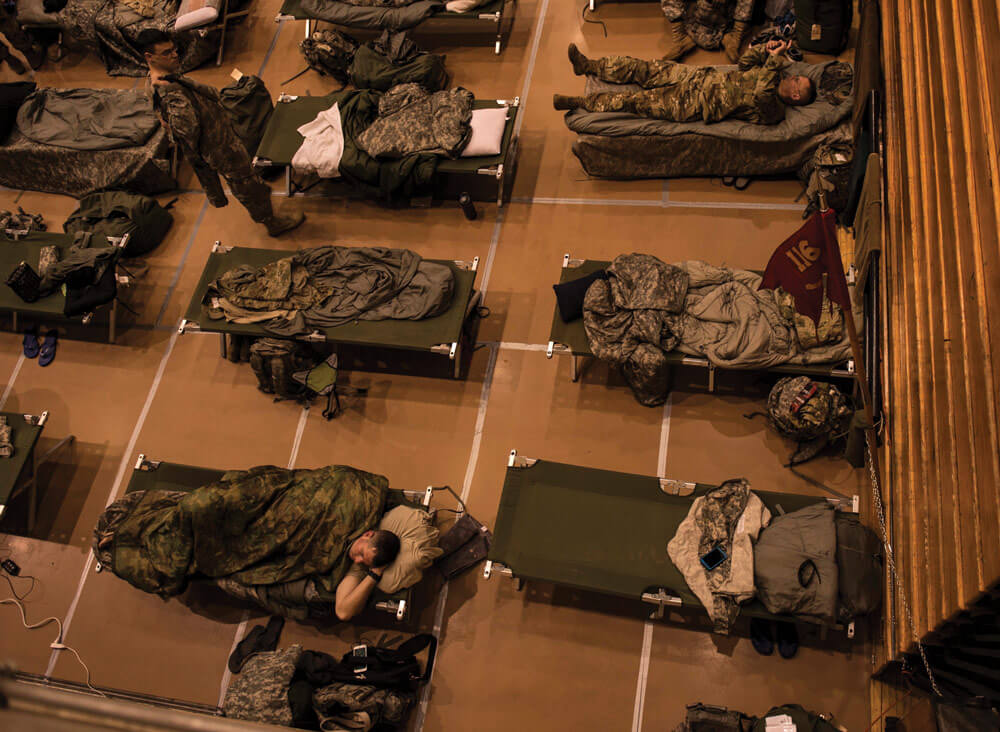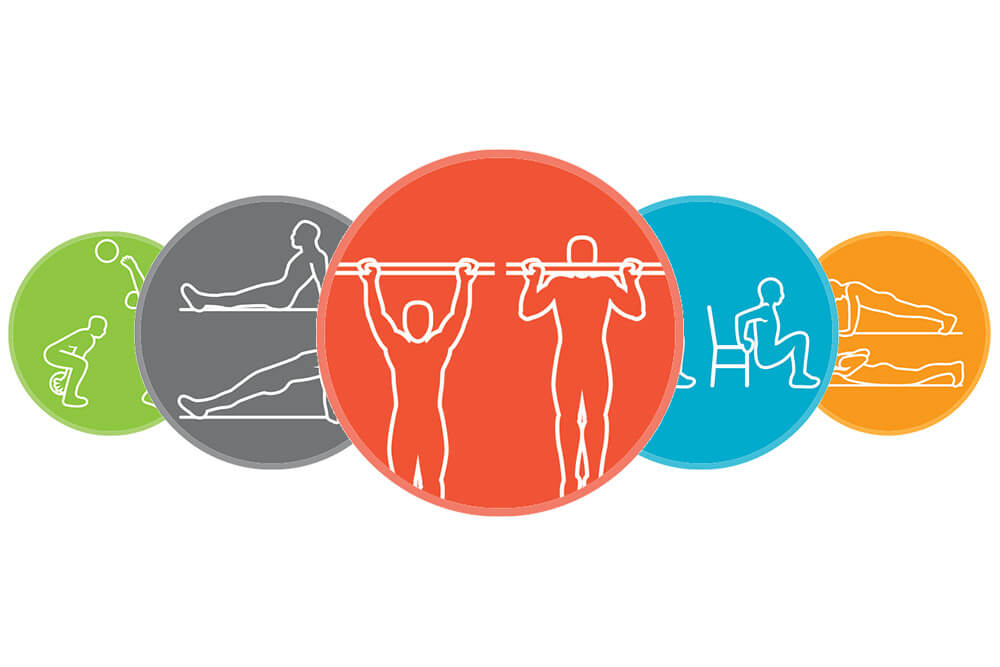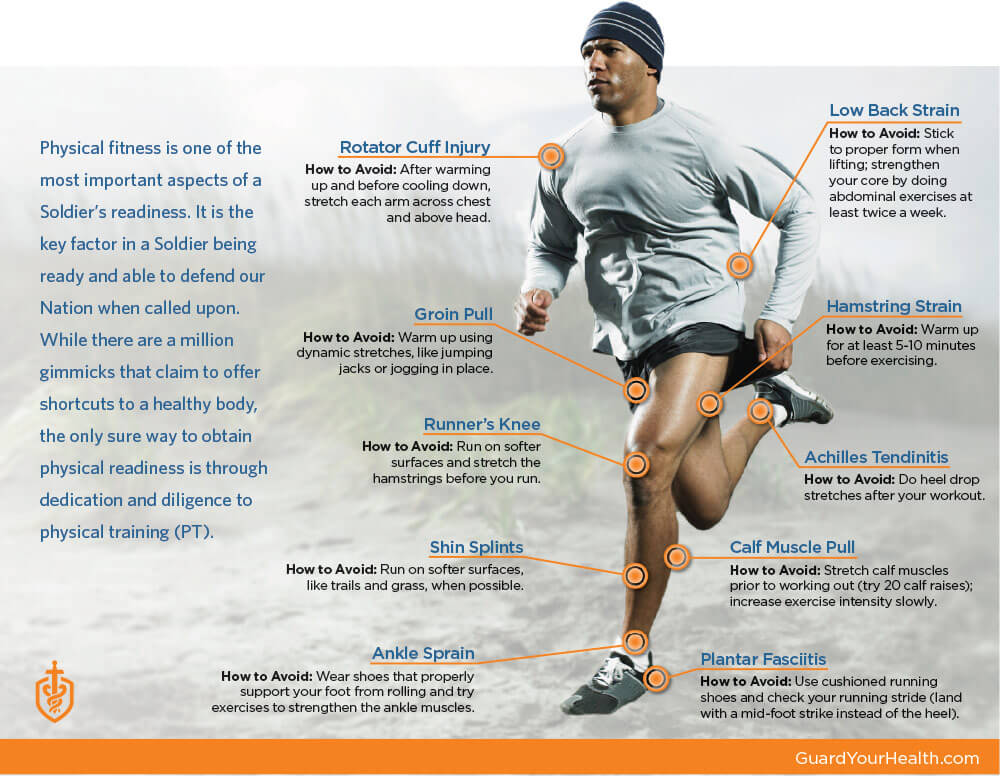There is nothing quite like waking up after a good night of sleep. Sleep is vital to our bodies. A lack of sleep can affect mood, health and performance. Therefore, when a disorder that causes you to stop breathing interrupts a much needed night of shuteye, the aftermath of that interruption can end in nightmarish consequences.
Sleep apnea, a condition that disrupts a person’s breathing while asleep, is a disorder affecting more than 18 million people in the country. A study conducted by the American Academy of Sleep Medicine reported that 51 percent of military personnel suffered from sleep apnea. That’s an unsettling statistic that means at the time of the study, over 500,000 members of the military were not getting the amount of sleep needed to function properly.
Because this disorder interferes with a person’s breathing and sleep cycle, sleep apnea is considered a serious condition that should not be ignored. The tricky part is that, since sleep apnea usually cannot be detected in routine office visits, the disorder often goes undiagnosed. But letting it go undiagnosed, and hence untreated, can have detrimental effects on your health and your ability to serve.
According to the National Heart, Lung, and Blood Institute, untreated sleep apnea can lead to a host of other disorders. The Institute’s website states that untreated sleep apnea can “increase the risk of high blood pressure, heart attack, stroke, obesity and diabetes.”
Untreated sleep apnea can also increase the risk of, or worsen, heart failure. It can also increase the odds of on-the-job mishaps or driving accidents.
Why does sleep apnea have such a large effect on our bodies? It is mainly due to sleep apnea’s ability to interfere with our natural sleep cycle.
When there are pauses in your breathing while you sleep, your brain is basically sending out a call for help that wakes you up without your realizing it. This causes you to move out of a deep sleep (called REM sleep) and into a light sleep multiple times throughout the night.
The lack of a full normal sleep cycle can leave you feeling exhausted, irritable and unalert throughout the day. In fact, research conducted by the Annals of the American Thoracic Society suggests that people suffering from sleep-disordered breathing, such as sleep apnea, may experience trouble paying attention and memory deficits.
Other symptoms of sleep apnea include loud snoring, daytime drowsiness and morning headaches due to oxygen deprivation. These symptoms can have a negative impact on your life and your performance both in the Guard and at your civilian job. When it comes to diagnosing your sleep apnea, and seeking treatment options, you shouldn’t hit the snooze button.
If any of these symptoms are hitting close to home, or if someone close to you suspects that you could have a sleep disorder (like your spouse or significant other who complains about your loud snoring every night), talk to your doctor.
If sleep apnea is suspected, you may be asked to have a sleep apnea test known as a polysomnogram (or sleep study). Following the study, your doctor can recommend the best treatment options for you, such as Continuous Positive Airway Pressure therapy (CPAP). You may be able to treat mild cases of sleep apnea at home by changing small behaviors. Adjusting your sleep positions, like not sleeping on your back, can often improve breathing. Other home remedies include losing weight and avoiding alcohol, smoking and sleep aids.
By Staff Writer Tatyana White-Jenkins



